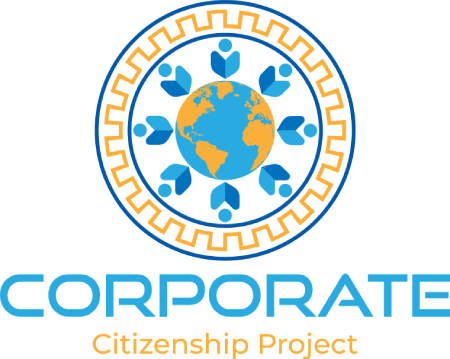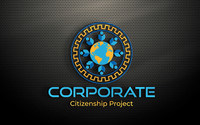Following Russia’s invasion of Ukraine in late February, many environmental, social, and governance investors have discovered that some of their money was invested in Russian-controlled firms and that some of those firms had higher ESG ratings than many European companies. Nearly every major Russian company is either directly state-owned or controlled by a Putin-aligned oligarch.
ESG rating firms have mostly begun to take action to lower ESG ratings for Russia and state-affiliated companies. Russia’s Kremlin-backed Sberbank, the country’s biggest lender, had its ESG rating lowered by MSCI, Sustainalytics, and S&P Global. In less than two weeks after Russia invaded Ukraine, MSCI also issued a downgrade on Russia’s ESG government rating from a B to a BBB before dropping the rating to CCC, MSCI’s lowest possible rating.
Despite the actions of its competitors, one of the largest providers of ESG ratings, proxy advisor Institutional Shareholder Services, refused to follow suit, lending itself to questions about its financial ties to Russian oligarchs. A Bloomberg report from April revealed that ISS did not lower the “C-“ESG rating given to Russia even after receiving news of the atrocities committed by Russian soldiers in the Kiev suburb of Bucha. These events drew the ire of The Corporate Citizenship Project a think-tank focused on a data-driven approach to corporate governance issues which wrote open letters to ISS CEO Gary Retelny asking him to explain the apparent refusal to downgrade Russia’s ESG rating.
In a follow-up, The Corporate Citizenship Project also asked ISS to disclose any past or current dealings with Russian companies. According to The Corporate Citizenship Project, despite multiple follow-up attempts, ISS has refused to respond to these concerns or provide details on potential links to Kremlin-controlled companies.
“It is deeply troubling that ISS will not disclose the extent of its relationships, if any, to Kremlin-affiliated companies. These firms’ ESG ratings seem to be shockingly high even if you factor out the war in Ukraine and only consider the environmental impact, diversity, and human rights factors of these companies,” said Bryan Junus, Chief Analyst for The Corporate Citizenship Project.
Russia’s invasion of Ukraine generated an almost immediate rethinking of what ESG meant which directly mirrored the concerns of The Corporate Citizenship Project. In a review published in Harvard Law School Forum on Corporate Governance in mid-March, researchers Elizabeth Demers, Jurian Hendrikse, Philip Joos, and Baruch Lev published a report on businesses with significant operations in Russia. The researchers found 75 European-based companies that met their “substantial presence” criteria in Russia. The 75 firms posted on average 6% of their global sales in Russia. Here’s what the study found:
“The average ESG scores of firms with substantial activities in Russia, a country well-known for its corruption and significant human rights abuses, is 78 out of 100. By comparison, the average ESG score of all other similar-sized non-financial European companies (i.e., those with sales over US$2B) in the Refinitiv database is just 64. The average score of the Russia-invested group on the “S” (i.e., social) pillar dimension is 81 versus a comparable European peer group average of just 68. In terms of their human rights performance (i.e., a subcomponent of the social pillar), the firms profiting from Russian activities earn a whopping average score of 84 versus a much more modest 67 for their European peer firms.
“The fact that European and American companies, who generally are good corporate citizens, have an ESG rating that is two letter grades lower than their Kremlin-affiliated counterparts illustrates a shocking flaw in the ESG rating system or a significant conflict of interest. Or both. These staggering numbers make a clear case that ISS and other ESG ratings firms should immediately disclose any connections to Russia to maintain any credibility whatsoever.”

